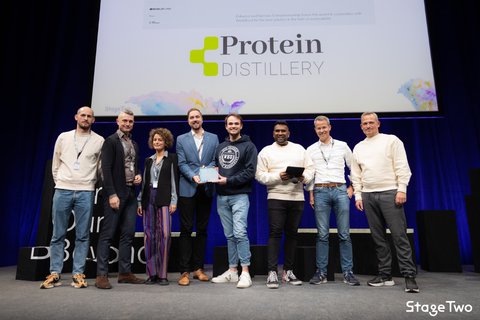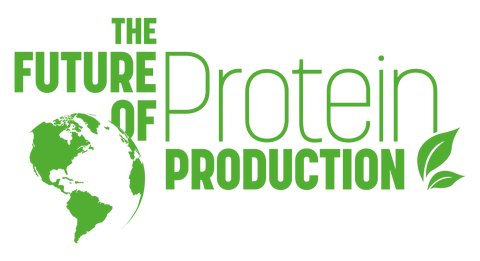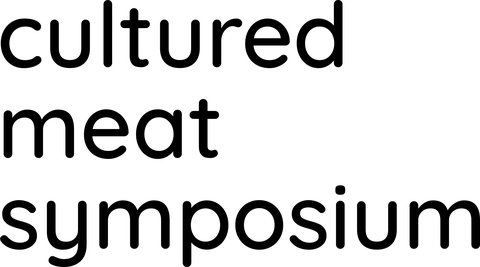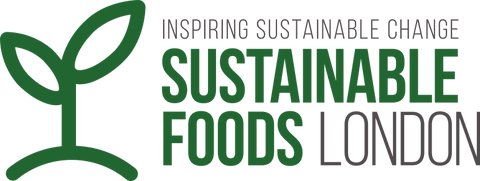ProteinDistillery Wins German Sustainability Award 2023
December 17, 2022 - 2 min read
Germany's most sustainable start-up creates protein for the next generation of animal-free meat and egg products from brewer's yeast.
Düsseldorf, 02.12.2022 — ProteinDistillery was recently presented with the German Sustainability Award 2023, Next Economy Award (NEA). The Stuttgart-based start-up has managed to develop a unique, innovative process that can be used to extract animal-free, sustainable proteins from brewer's yeast - a residual material from brewing beer - to produce egg, cheese, milk or meat alternatives.
In times of increasing inflation, worsening climate conditions and steady population growth, the ProteinDistillery team wants to offer people a nutrient-rich alternative to conventional, usually meat-based foods that is both sustainably produced and free of toxins. Thus, the company has managed to produce an almost 1:1 copy of animal protein. And in doing so, they are not only upcycling - creating something new from a waste product - but also enabling beer breweries in particular to tap into new sales potential in a challenging market environment. So, to produce the world's most functional and sustainable animal-free protein, the ProteinDistillery breaks down brewer's yeast, and the proteins bound within it, into their individual components. The final product can then be used in a variety of ways in the food industry. Thus, any animal components such as gelatin or the conventional egg, as well as artificial additives such as flavor enhancers, stabilizers, or methylcellulose can be eliminated from food production.
“We are still missing a perfect substitute for animal protein in the
food industry - with this claim, we will make a lasting difference.”
– Prof. Dr-Ing. Tomas Kurz, Co-Founder
Production will start in 2023 with our own production plant in Baden-Württemberg, and the concept will subsequently be rolled out worldwide. Our vision of producing several hundred tons of protein ourselves by the end of 2023 means that several thousand tons of protein per year can be supplied by the end of 2025.


















